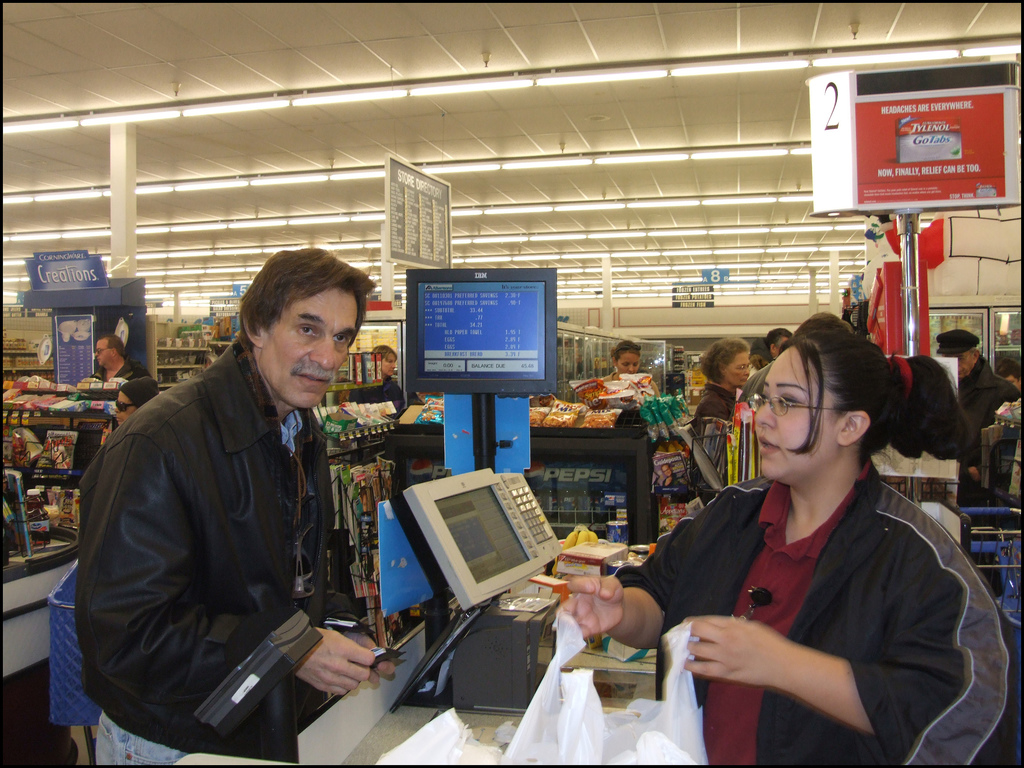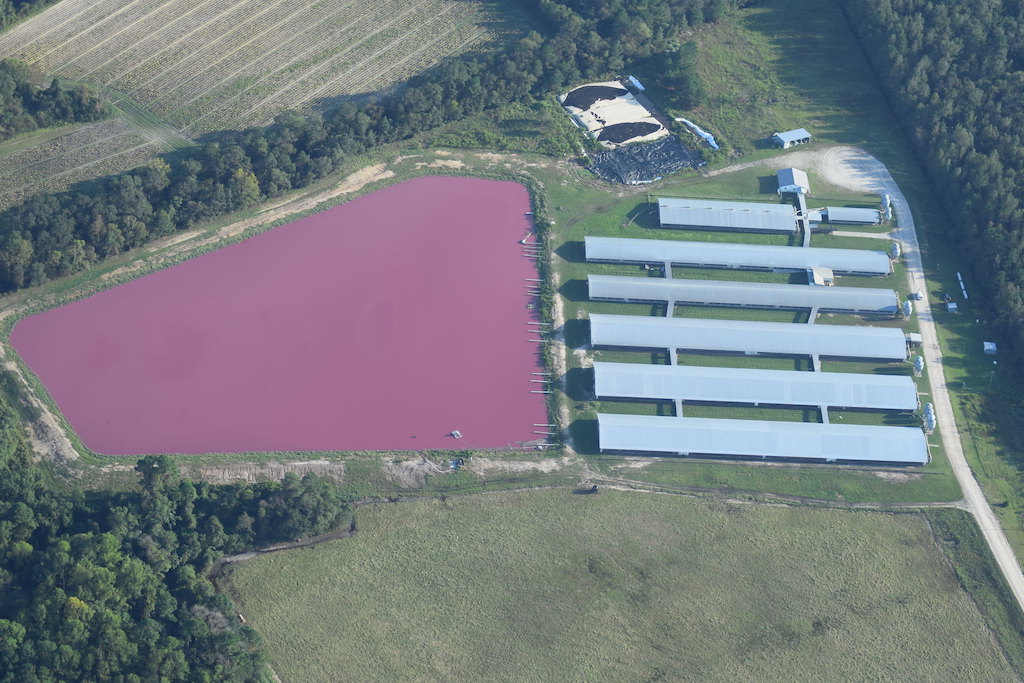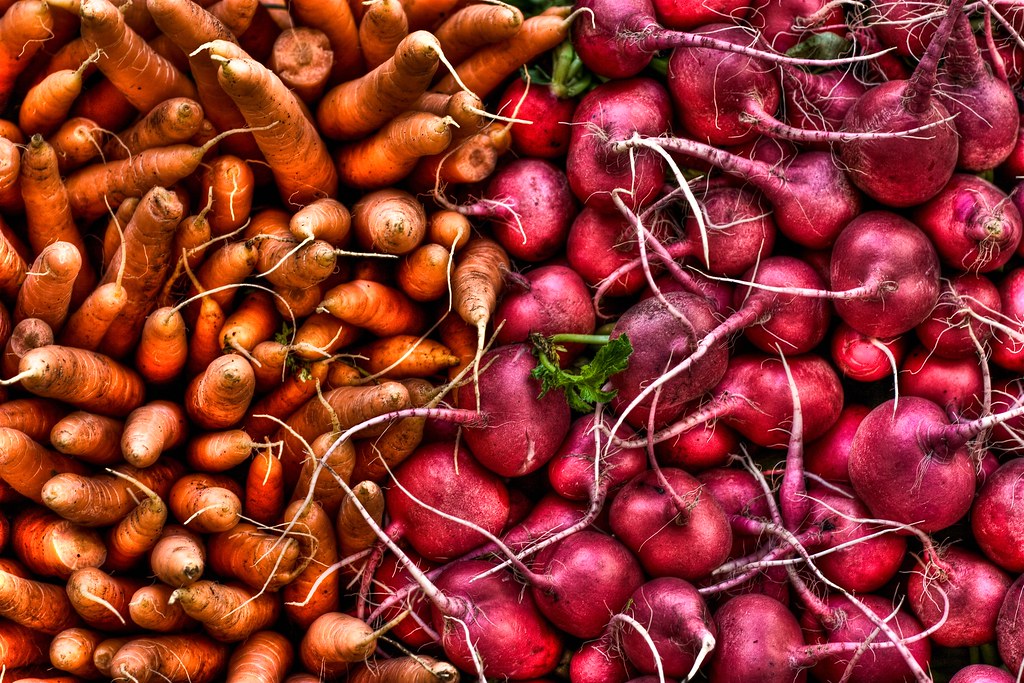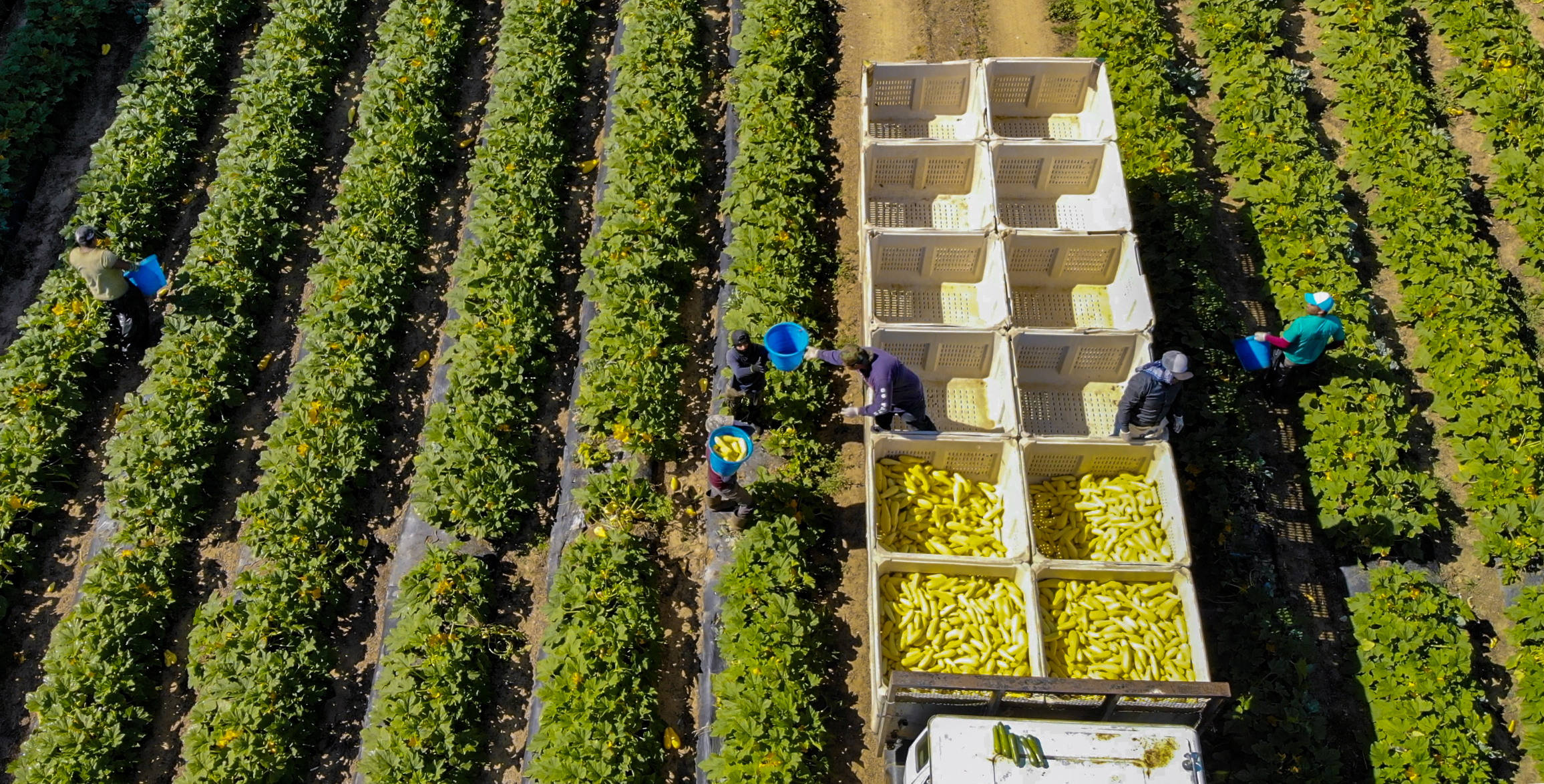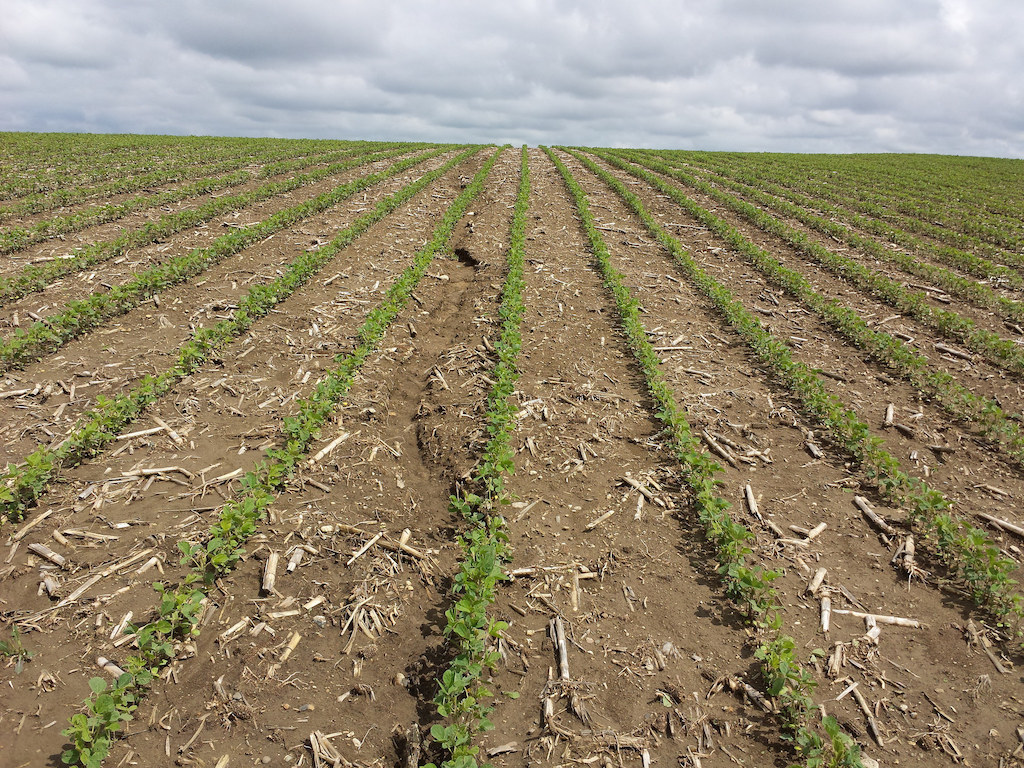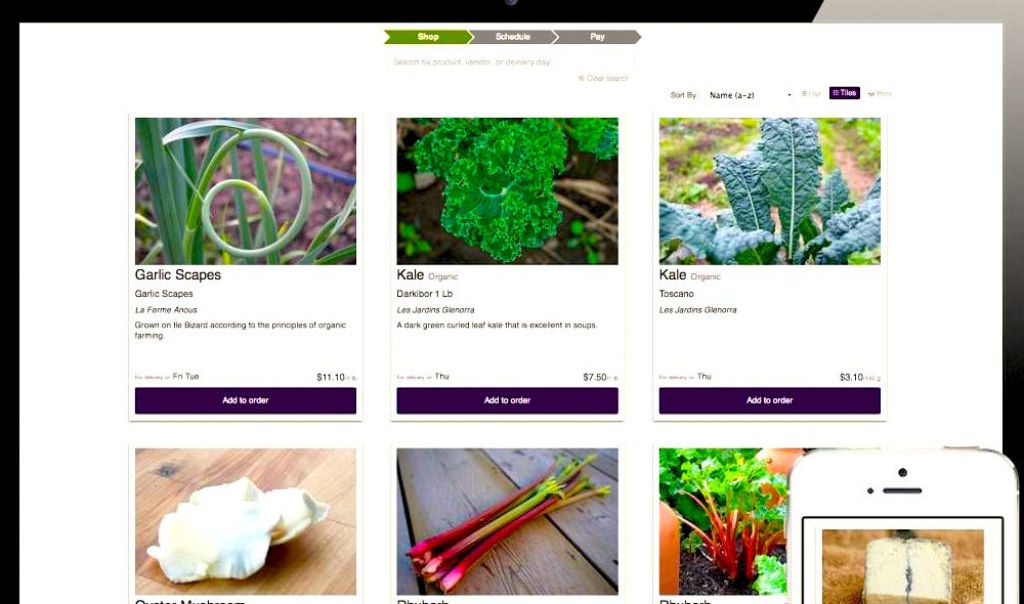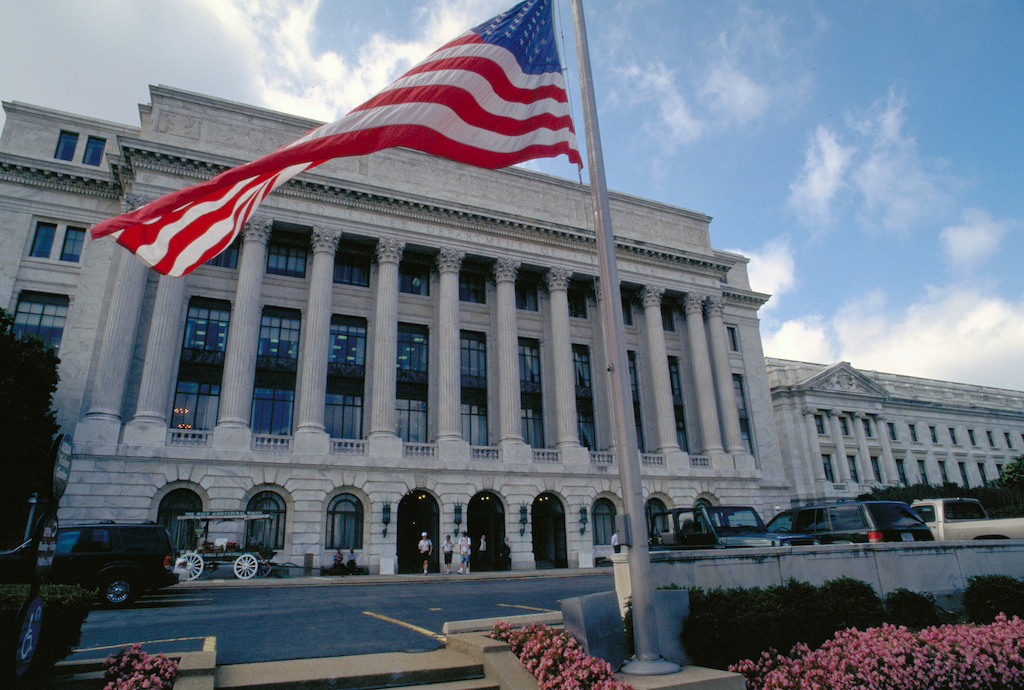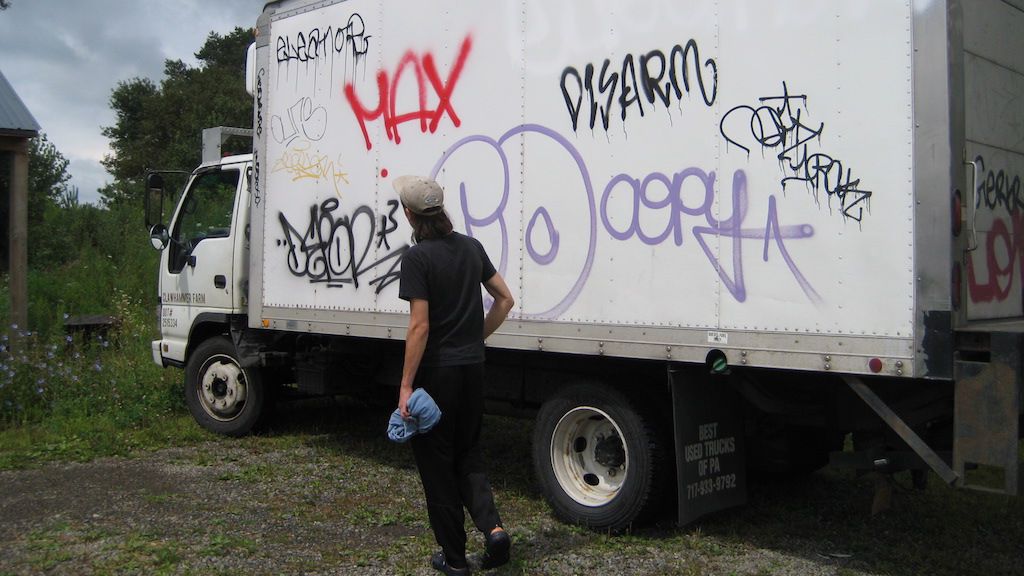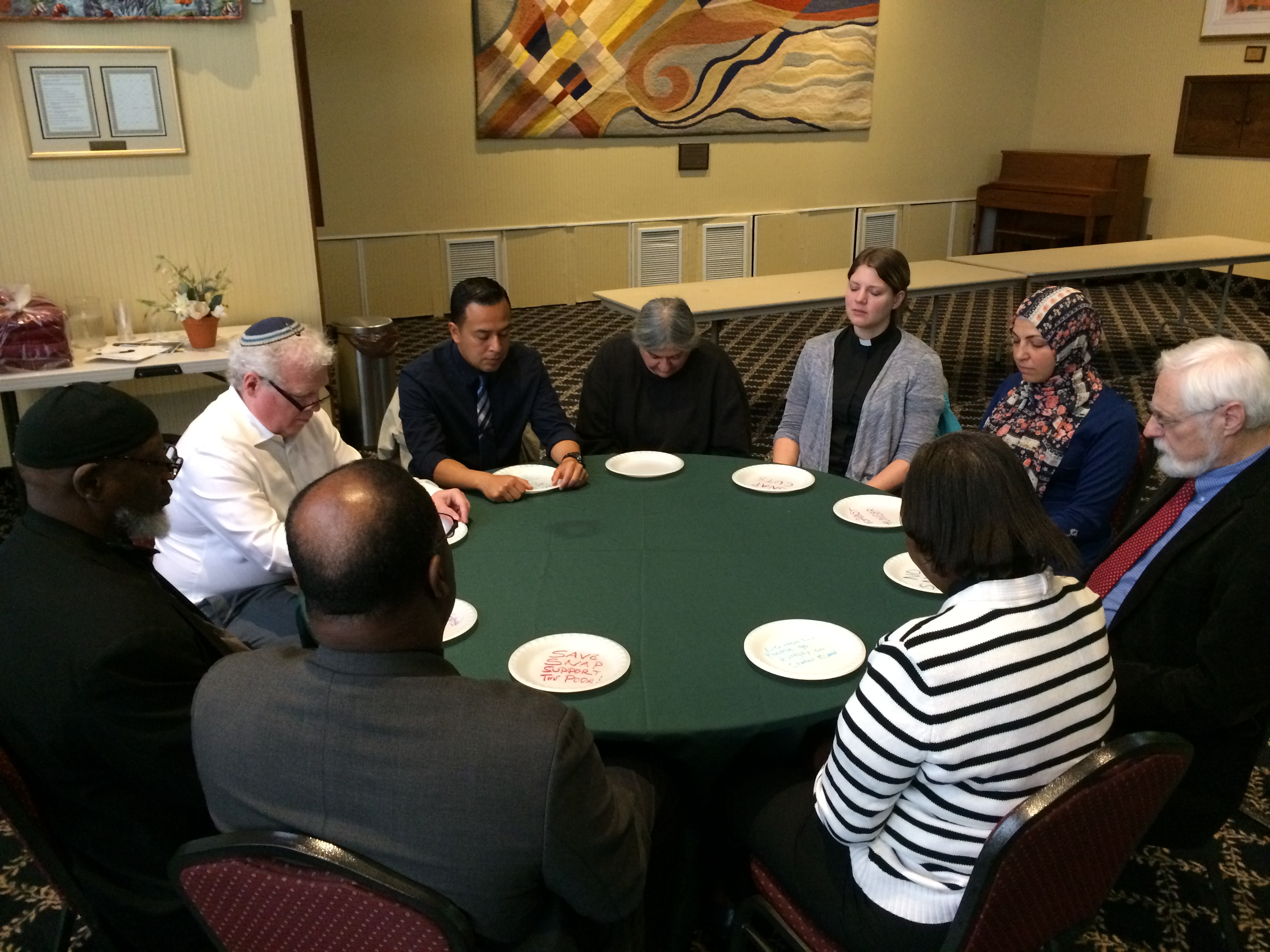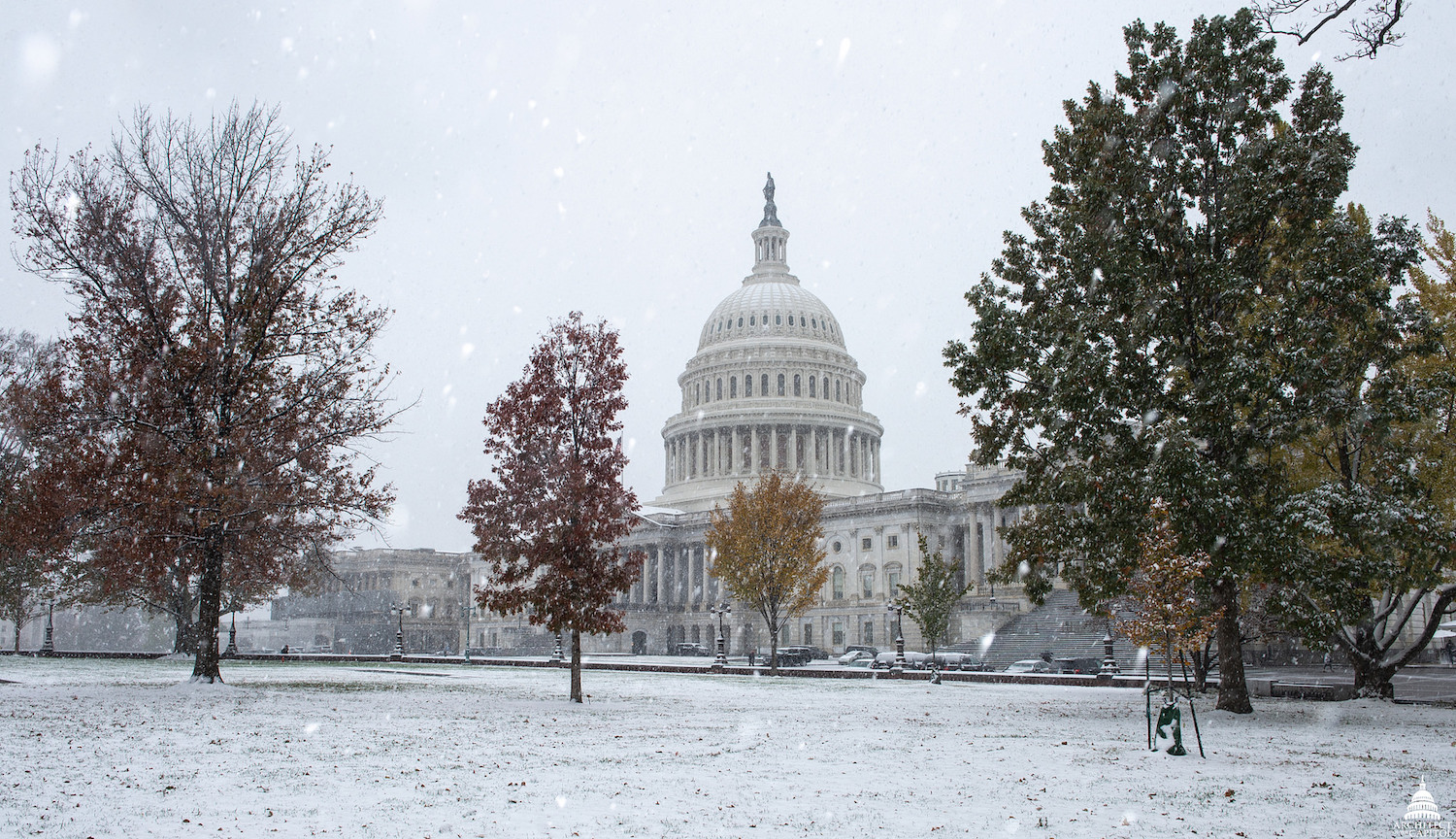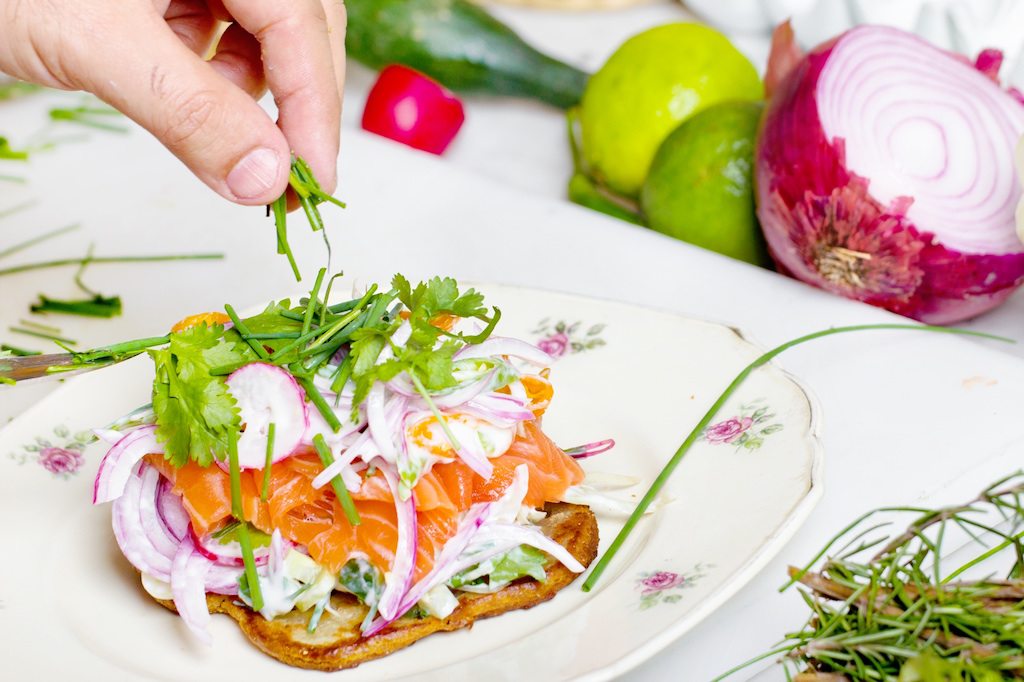
Unsplash/Monstruo Estudio
1-866-9-NO-SCAM. That’s the number to call if you suspect your “local, spear-caught” Floridian snapper is actually Vietnamese by way of Restaurant Depot. After the Tampa Bay Times exposed pervasive fraud in restaurant claims of local sourcing last spring, Florida’s Attorney General Pam Bondi took note.
The Times reports that since it published “Farm to Fable,” state officials have been visiting farmers to ask about what they’re actually selling and to whom. So far, their conclusions are pretty much what you’d expect: yes, misrepresentation is a problem, but it turns out it’s really hard to regulate restaurant claims. Even after officials get past the most obvious problems—a short-staffed inspection department, restaurants unaccustomed to saving receipts or packaging—there are more insidious ways of making just about anything look locally sourced.
For instance, one sandwich chain sources “sustainably raised” chicken and beef from somewhere called Raikes Farms, located in Jacksonville, Florida. Problem is, Raikes Farms isn’t actually a farm at all—it’s a co-packer, which means its products aren’t necessarily grown in Florida at all.
Regulating “local” continues to be a tricky business. And Florida regulators are kind of starting from scratch, though Reiley reports that since the article’s publication other states have launched similar efforts. But in two Florida counties, misrepresentation violations have risen from zero over a two-year span to twelve in the last eight months.

